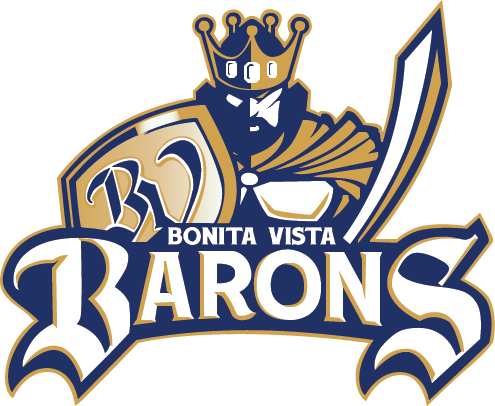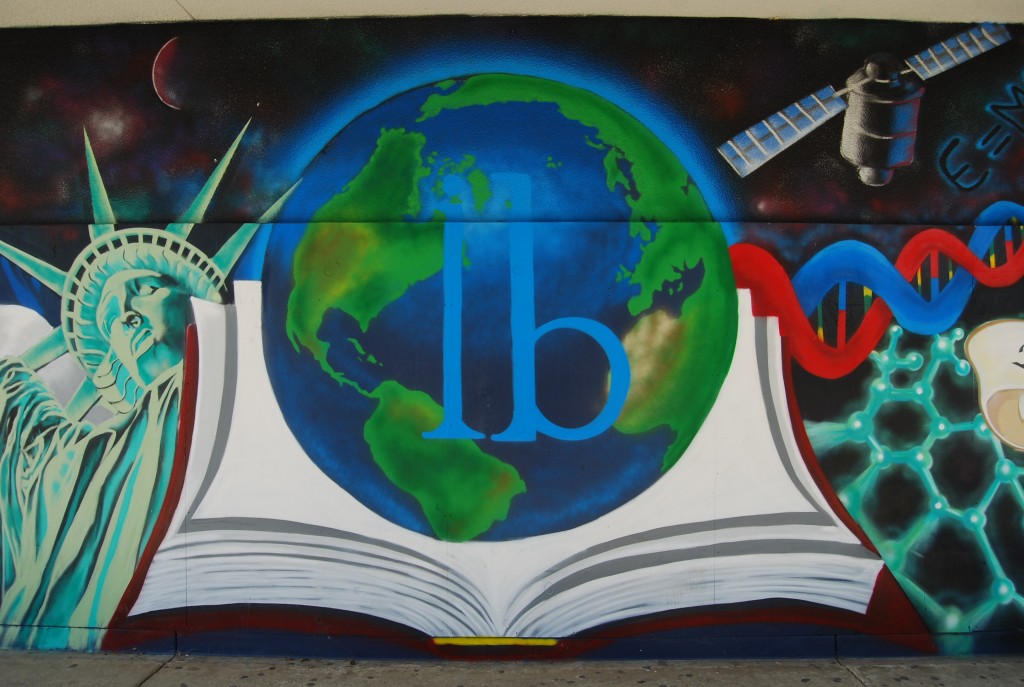BVH IB Programme
Overview
What is the IB Diploma Programme?
The IB Diploma Programme is a comprehensive and challenging pre-university course of study that demands the best from both motivated students and teachers. This sophisticated two-year curriculum covers a wide range of academic subjects and has stood the test of time for over half a million students in 119 countries since 1968. IB Diploma Programme graduates are sought after by the world’s leading universities.
The Benefits of the IB Diploma Programme
Universities recognize the outstanding qualities of IB Diploma Programme students. Typically, diploma holders are ready to debate real-world issues from an international perspective and to provide leadership and support in the local and global community. They demonstrate a capacity for in-depth study while maintaining a broad perspective of the different subject areas. They are able to ask challenging questions but also know how to research a topic and express their opinions. They have a strong sense of their own culture and identity, as well as the ability to communicate in two or more languages with people who have a different perspective of the world.
IB Diploma Programme students will develop an understanding of the IB learner profile. The ten aspirational qualities of the learner profile inspire and motivate the work of teachers, students and the school, providing a statement of the aims and values of the IB and a definition of what we mean by “international mindedness.” IB learners strive to be inquirers, thinkers, communicators, risk-takers, knowledgeable, principled, open-minded, caring, balanced and reflective.
Unique Learning Opportunities
The IB Diploma Programme is about more than the six subjects that students study. At its heart are three core requirements that are integral to the curriculum and make the IB Diploma Programme unique
- Theory of Knowledge (TOK) – An internally and externally assessed interdisciplinary component that explores the different concepts of knowledge found in the subject areas. Students can, for example, compare a historian’s approach to problem solving with that of a scientist or an artist.
- Extended Essay (EE) – An externally assessed, independent research assignment of 4,000 words in one of many subject areas. This is one of the ways in which IB Diploma Programme students can specialize in a certain subject area and prepare for university studies.
- Creativity, Action, Service (CAS) – A requirement that students actively learn from the experience of doing real tasks beyond the classroom. Students can combine the three components or do activities related to each one of them separately.
Internationally Recognized Standards
The IB Diploma Programme is widely recognized for its high academic standards. Assessment is varied and takes place over two years, with final examinations in each subject. Student’s work is assessed by an international board of examiners, who are themselves rigorously trained and monitored by the International Baccalaureate Organization (IBO).
Subjects are scored on a 1-7 scale with a further three points available for theory of knowledge and the extended essay. Students who display good levels of performance across all six subjects and achieve a minimum of 24 points (out of a possible 45) are awarded the diploma.

